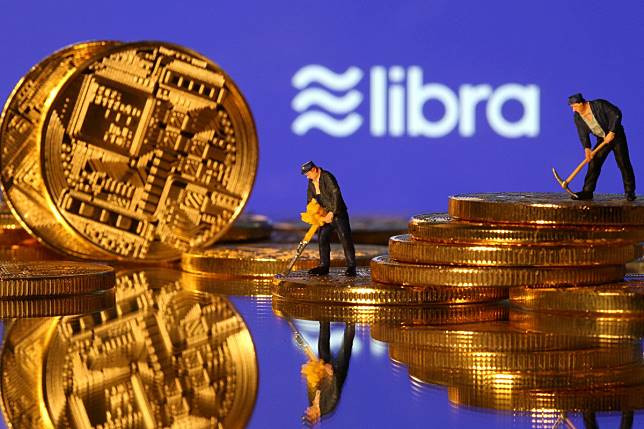The Group of Seven (G7) dashed Facebook's hopes of launching its own digital currency in 2020 when representatives from the members of the IMF (International Monetary Fund)-described advanced economies made up of Canada, Germany, Italy, Japan, the United Kingdom, and the United States said that Libra should only get launched after proving it is safe and secure.
G7 also warned that cryptocurrencies like Libra pose a risk to the global financial system.
Likewise, the organization also said that even if concerns get addressed, the Libra project may not get the approval of regulators from governments and central banks.
Still, G7 acknowledges cryptocurrencies' potential of providing a cheaper and faster way of moving money and making payments citing that the current system is expensive, opaque and slow.
G7 also noted the 1.7 billion unbanked and underserved consumers who will benefit from wider access to financial services brought about by cryptocurrencies.
A separate Financial Stability Board (FSB) report, earlier released, states the regulatory challenges that global stablecoins pose.
Randal Quarles, FSB chairman, in a letter to the G20 finance ministers, warns that the challenges should get addressed "as a matter or priority."
With a report on cryptocurrencies out next summer, FSB is working with global officials in identifying regulatory gaps.
The official statement of G7 just came after giant payments Mastercard and Visa pulled out of the project because of regulatory uncertainty.
The Uber and Lyft-backed Libra already saw eBay and Paypal withdrawing before Mastercard and Visa.
To date, the Libra Association, the backers of Facebook's cryptocurrency lost already a quarter of its original 28 members.
PayPal left the project last month.
The other six that left are the online travel company Booking Holdings, e-commerce eBay, Mastercard, payment system Mercado Pago, online payment processing Stripe and Visa.
The G7 group that made the report on this decision is made up of senior officials from central banks, the IMF and the FSB, people who coordinate rules for the G20 economies.
They said that Libra, and other digital currencies, must make sure these coins are not used to fund terrorism or launder money, that its backers are legally sound and stablecoins' policies must protect consumers.
The report which states that "global stablecoins" has the ability to "scale rapidly" is also one of the things posing a range of problems.
Stablecoins, where Libra falls, is different from other cryptocurrencies like Bitcoin because they are tied to the dollar and euro limiting its tendency to increase in value.
The G7 report, even with Libra getting pegged to major currencies, still sees problems especially for policymakers on setting interest rates.
The Libra Association will convene in Geneva on Monday with regards to laying out the structure of the organization.





